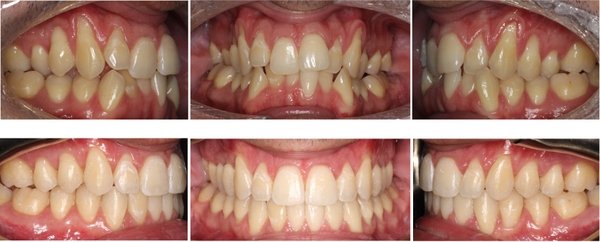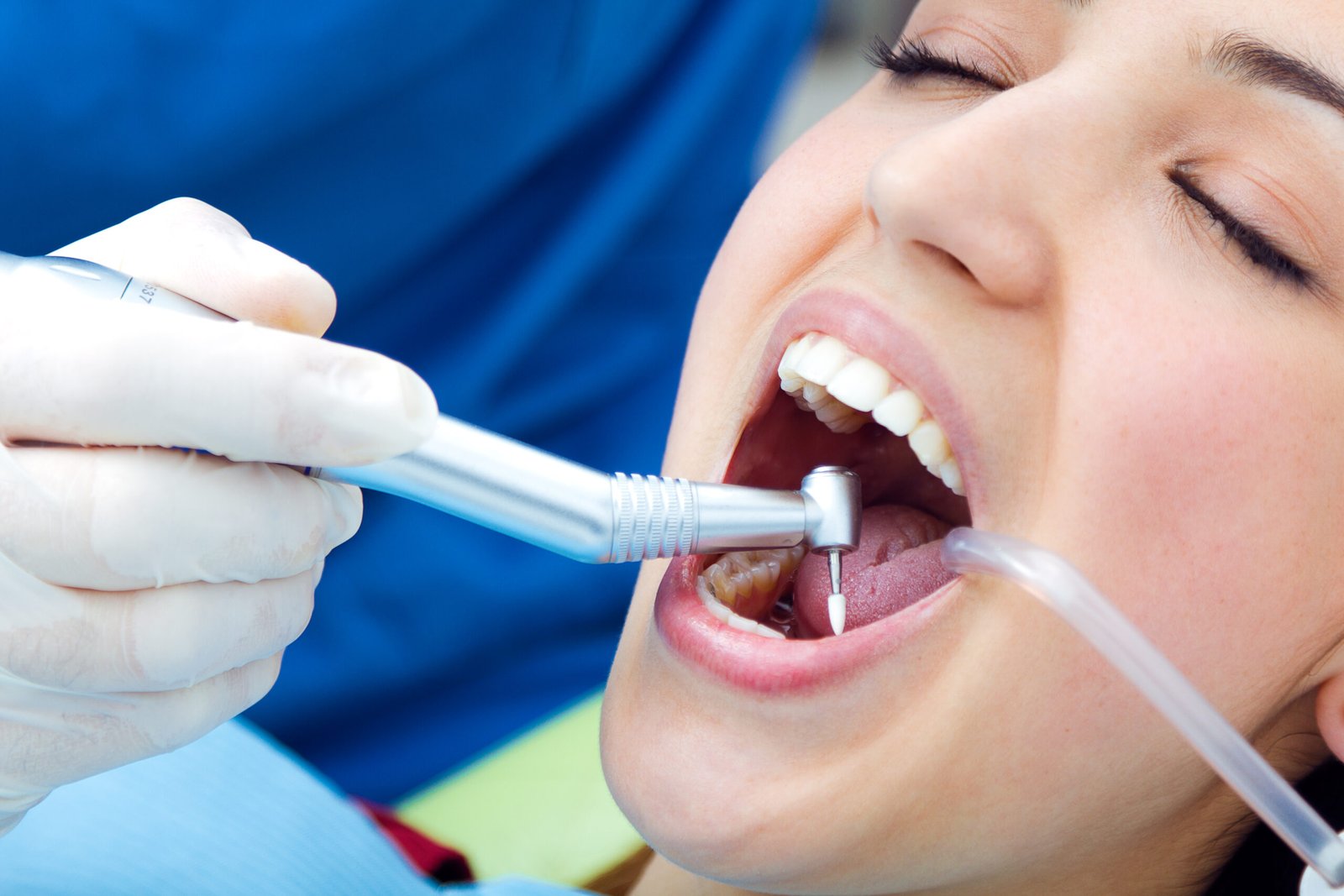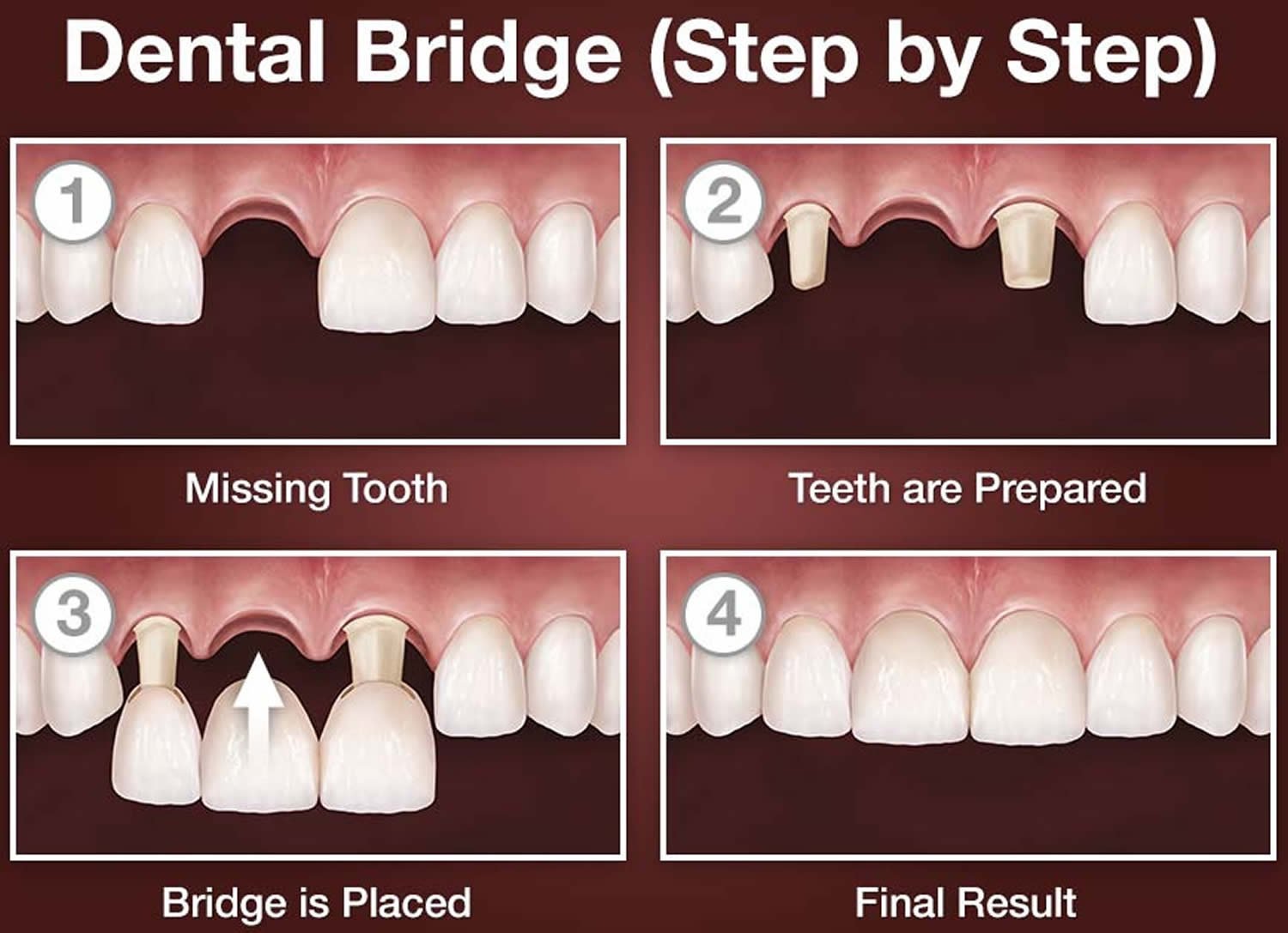Introduction Receding gums are a common dental concern. Many people first notice the problem when their teeth appear longer or when teeth start to become sensitive. Gum recession is not just a cosmetic issue it exposes roots, increases decay risk, and weakens support for teeth. What Causes Gum Recession? Gum Disease The most common cause …
Table of contents
Introduction
Receding gums are a common dental concern. Many people first notice the problem when their teeth appear longer or when teeth start to become sensitive. Gum recession is not just a cosmetic issue it exposes roots, increases decay risk, and weakens support for teeth.
What Causes Gum Recession?
Gum Disease
The most common cause is periodontitis. As the infection damages tissue, gums shrink back and reveal more of the tooth.
Aggressive Brushing
Using too much pressure or a hard-bristled toothbrush can wear away gum tissue.
Genetics
Some people are naturally predisposed to thinner gums.
Lifestyle and Habits
Smoking, teeth grinding, and poorly fitted dental work can all contribute.
Symptoms of Gum Recession
Early signs include sensitivity to hot or cold, teeth that look longer, and visible notches at the gum line. In advanced cases, roots may become exposed, causing pain and higher risk of decay.
Treatments for Gum Recession
Non-Surgical Options
Mild cases can often be managed by improving oral hygiene and switching to a softer brushing technique. Scaling and root planing may also be recommended to remove bacteria below the gum line.
Surgical Treatments
In more advanced cases, gum grafting is the most effective solution. Tissue from the roof of the mouth or a donor source is used to cover exposed roots and restore protection. Guided tissue regeneration may also be used to encourage regrowth of gum tissue.
Living with Gum Recession
Once gums recede, they do not grow back naturally. Treatment focuses on stopping progression, protecting exposed roots, and improving appearance. Regular check-ups ensure any changes are caught early.
At Ashtead Dental, we provide personalised treatment plans for gum recession. From preventive care to advanced periodontal treatment like gum grafting, our focus is on healthy smiles.
Conclusion
Gum recession should never be ignored. With the right care and treatment, its progression can be controlled, sensitivity reduced, and the health of your teeth protected.
FAQ’s
No, but treatment can stop progression and cover exposed roots.
No, other factors like brushing technique and smoking can contribute.
It is carried out under local anaesthetic, so patients remain comfortable.








